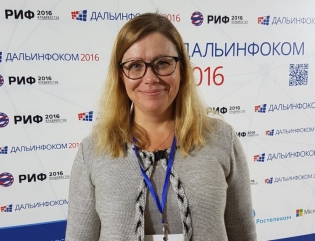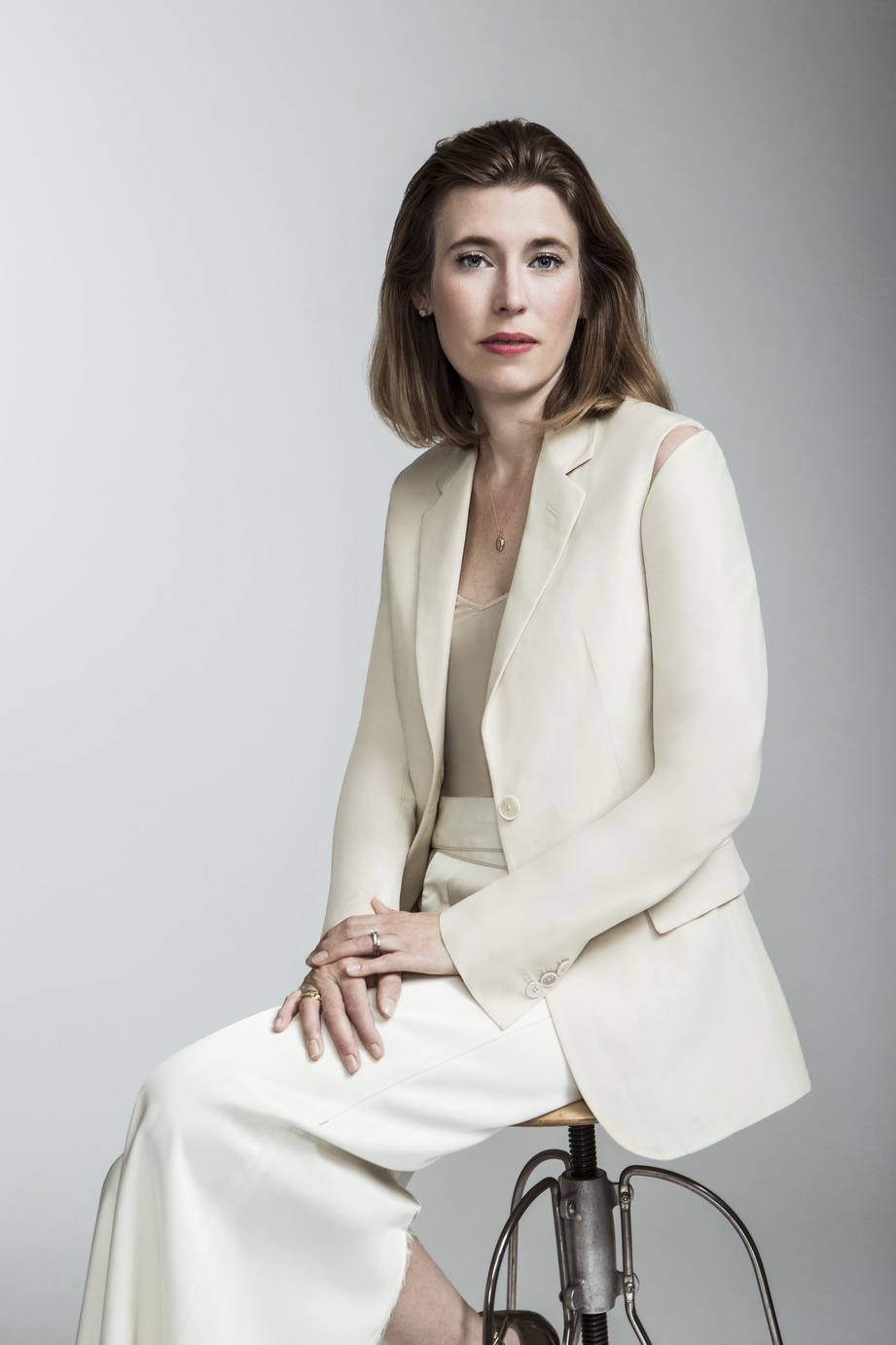There are still few female executives in the IT industry.

In the new RBC ranking of the most successful women executives, there are almost no IT representatives. Traditionally, the top of the ranking is occupied by companies from the sector of production, processing and sales.
In the first place is the general director of the largest pulp and paper concern Ilim in Russia, Ksenia Sosnina. In 2015, the revenue of the Ilim group increased by 44% and amounted to 102.5 billion rubles. The second place was taken by the head of Rolf car dealer Tatyana Lukovetskaya. She lost the lead due to poor conditions: the Rolf Group's revenue fell by 13%, to 114.1 billion rubles.
')
Marina Sedykh, head of the Irkutsk Oil Company (INC), who has been heading it since 2000, closes the top three. In 2015, Sedykh's income exceeded 400 million rubles, Forbes estimates her fortune at $ 160 million.
The only IT representative to be included in the rating is Tatiana Bakalchuk, founder and CEO of Wildberries online store, known for her “non-publicity”. . She personally does not give interviews and does not communicate with the press. Prior to the launch of the project in 2004, Bakalchuk taught English. The revenue of Wildberries in 2015 increased by 26% and reached 29.5 billion rubles.
And in the media business, men in leadership positions are traditionally more than women. According to the Kommersant rating, Konstantin Ernst took the first place among the leaders involved in the media business, followed by the general director of The Walt Disney Company in Russia Marina Zhigalova-Ozkan and the general director of Lenta.ru Alexey Goreslavsky.

Director of the Department for work with small and medium-sized organizations and Microsoft partners in Russia Anna Kulashova tells:
“There have always been very few women in IT. In the 90s, many women who graduated from programming departments chose other activities because their professions were not as much in demand as they are today.
When digital technologies penetrated all spheres of life, the need for excellent specialists increased many times over. And it became completely unimportant whether a man or a woman would write code, test a program, or engage in software promotion. However, stereotypes accepted in society still prevent many girls from trying their hand at IT.
Microsoft successfully fights against such prejudices with the help of educational programs, contests and research grants for schoolchildren and young professionals that we conduct as part of the global initiative Youthspark. We encourage the interest of girls in programming, creating their own projects and applications, and today they comprise already 52% of the participants in such projects. ”
Abroad, this trend is not so pronounced, but they pay attention to it no less. In May, Elle magazine compiled a list of the most successful and talented women in the IT sector.
 Marcela Sapon, co-founder and CEO of Hello Alfred:
Marcela Sapon, co-founder and CEO of Hello Alfred:The project, invented by Marcela Sapon while studying at Harvard Business School, turned into a thriving business. Hello Alfred is a service for those who love order in the house, but are too busy to direct it themselves.
 Whitney Wolfe, founder and CEO of Bumble:
Whitney Wolfe, founder and CEO of Bumble:The story of Bumble began with an unpleasant event. Whitney Wolfe, co-founder of Tinder, a popular dating service, sued the former young man, who also co-founded the app. The girl accused him of sexual harassment at work. Wolfe left Tinder with the idea of creating a new, safe dating environment.
 Anjula Achariya-Beff, Trinity Ventures Partner:
Anjula Achariya-Beff, Trinity Ventures Partner:“My work is a mixture of technology, celebrities and entertainment,” said Anjula Acharia-Bath. Trinity Ventures Venture Fund, whose partner is Achariya-Bef, invests in IT business. "We do not just invest in technology, we live and breathe them," - written on the home page of the fund.
 Jen Fitzpatrick, vice president of Google Maps:
Jen Fitzpatrick, vice president of Google Maps:She graduated from Stanford University in 1999. At that time, Google was just beginning to work, the girl immediately felt the future potential of the company. Jen is currently running Google Maps, a billion-dollar service.
 Tracy Young, co-founder and CEO of PlanGrid:
Tracy Young, co-founder and CEO of PlanGrid:When she received a huge bill for printed drawings, she thought about how to reduce costs. A good option she thought was the idea to download the necessary drawings to the iPad. PlanGrid is a program for viewing construction projects on iOS devices.
According to RBC, in addition to gender stereotypes in the labor market and natural scenarios, the situation is influenced by other features of women: they usually rarely discuss the increase with management, lower the cost of their work, and also postpone decisions on changing jobs for an indefinite period.
Source: https://habr.com/ru/post/313184/
All Articles